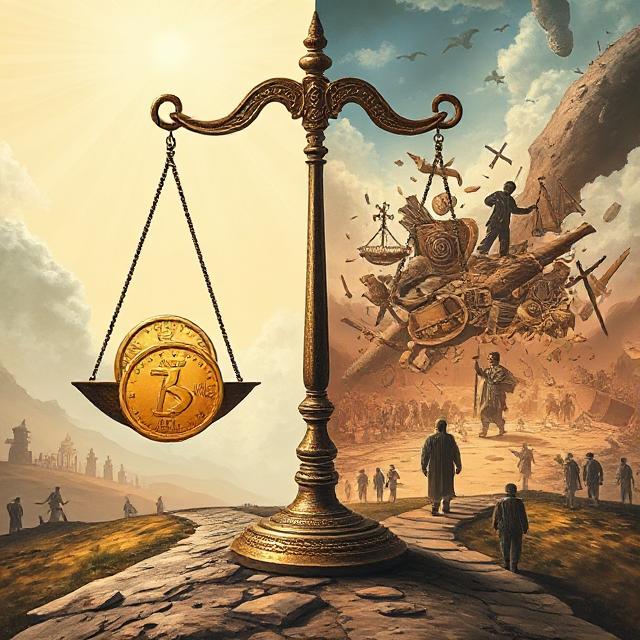Category: Ethics and Morality
-
Ethical Dilemmas in AI Development

Ethical Dilemmas in AI Development Artificial Intelligence (AI) is transforming the world at a breakneck pace, promising efficiency, insight, and automation across industries. However, the rapid growth of AI brings profound AI ethical dilemmas that challenge our understanding of morality, responsibility, and human dignity. These dilemmas are not speculative—they are already reshaping legal frameworks, corporate…
-
Is Stealing Always Wrong? Moral Perspectives Explained

Is Stealing Always Wrong? Moral Perspectives Explained Is stealing always wrong? It seems like a straightforward question with an obvious answer: “Yes.” But the moment we examine real-world scenarios, historical contexts, and moral philosophies, the certainty begins to dissolve. What if you’re stealing bread to feed your starving child? What if the item was unfairly…
-
Deontology vs Consequentialism: What Is the Most Ethical Theory?

Deontology vs Consequentialism: What Is the Most Ethical Theory? Deontology vs consequentialism is one of the most enduring debates in moral philosophy. These two ethical theories offer fundamentally different approaches to answering the question: What makes an action right or wrong? One looks to the duty behind the action, the other to the results it…
-
Is Utilitarianism Flawed? Ethical Pros and Cons

Is Utilitarianism Flawed? Ethical Pros and Cons Is utilitarianism flawed? This enduring question cuts to the heart of moral philosophy. Utilitarianism has been one of the most influential ethical theories in modern thought, yet it continues to provoke debate and controversy. Is it a comprehensive guide to moral reasoning, or does it leave too much…
-
Can Ends Ever Justify Means?

Can Ends Ever Justify Means? The phrase “ends justify means” ignites one of the most heated debates in ethical philosophy. It asks whether it is acceptable to use unethical methods to achieve a morally desirable outcome. The question is not merely academic—it has guided revolutions, military strategies, medical experimentation, and social policy. From Machiavelli’s cold…
-
What Is Ethical Egoism? Understanding Self-Interest as a Moral Duty
What Is Ethical Egoism? At first glance, morality might seem all about putting others first — helping, sharing, sacrificing for the good of the community. Yet, ethical egoism turns this assumption on its head. It proposes a striking idea: the right moral action is always the one that serves your own self-interest. Ethical egoism claims…
-
Moral Relativism vs Moral Realism: What Is Right and Who Decides?
The Deep Divide in Understanding Morality From daily decisions to global conflicts, questions of right and wrong shape human life. But is morality a universal truth waiting to be discovered, or a construct shaped by culture and perspective? The debate between moral relativism vs moral realism asks one of philosophy’s most fundamental questions: Is morality…
-
Virtue Ethics: Aristotle vs Confucius
Understanding Virtue Ethics Virtue ethics is one of the oldest and most profound ethical theories, focusing not on rules or consequences but on cultivating good character traits — virtues — that make a person morally excellent. Unlike deontology or utilitarianism, which emphasize duties or outcomes, virtue ethics emphasizes who we ought to be rather than…
-
Utilitarianism vs Deontology: Which Is Better?
Utilitarianism vs Deontology Utilitarianism vs deontology frames one of the most significant debates in ethical philosophy: Should moral decisions be judged by their outcomes, or by the duties and rules behind them? This is more than an abstract academic issue—it shapes policies, justice systems, and personal decisions every day. These competing theories offer radically different…
